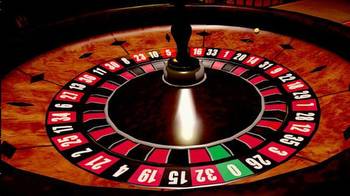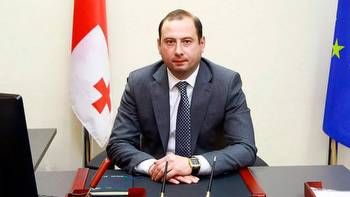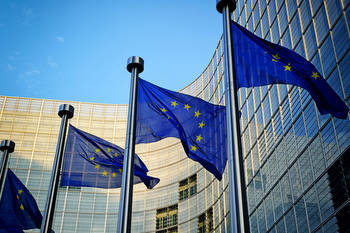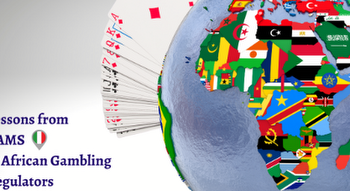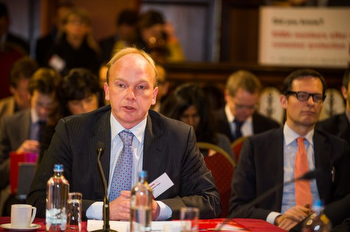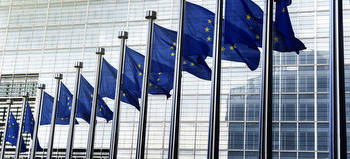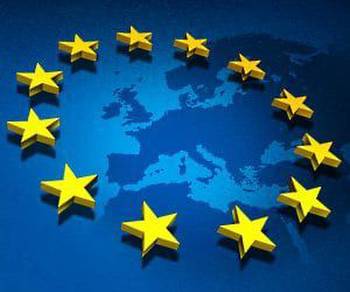EC rejects call to reform Expert Group on Gambling

The European Commission (EC) has stated that it will not support the re-establishment of an ‘Expert Group on Online Gambling’ – a cross member state collaborative body supported by 14 regulatory agencies.
This morning, the Netherlands regulatory Kansspelautoriteit (KSA) published the EC’s response to a letter sent by KSA Chairman Rene Jansen on behalf of European regulators requesting to reinstate the group which had been decommissioned in 2018.
Regulators backed the reinstatement of an Expert Group to exchange knowledge and best practices with regards to governing gambling and protecting national consumers from risks and harms.
Jansen’s letter further stated that regulatory cooperation was required to secure greater oversight on technical requirements and to better evaluate the outcomes of member-states governing their regulated gambling marketplaces.
Furthermore, an Expert Group was required to keep regulatory agencies informed with EU secondary legislation related to anti-money laundering (AML) and helping combat international crime.
Of significance, the group would be re-formed at a period which sees the EU undertake significant legislative protections reshaping Europe’s business frameworks and digital laws, including – the 5th AML Directive, e-ID proposals, The Digital Services Act and proposals for a standard Digital Tax.
“The work of the Expert Group was particularly successful. We achieved results that benefited consumers, national authorities and the gambling sector and the active participation in the group also demonstrated that member states are well equipped and willing to achieve positive outcomes together. And we still believe this to be the case.” Jansen’s letter read.
Issuing a response, the office of European Commissioner, Thierry Breton, referred to the EC’s original verdict to decommission the group taken in December 2017.
The expert group was deemed as no longer viable, following the European Court of Justice (ECJ) arbitrating 30 cases related to gambling, in which all casework stated that national regulations superseded EU rules.
The EC underscored that gambling laws and standards would be maintained as the domain of the individual member state – which can choose to applyits legislative preferences to taxation and licencing market incumbents and how it protects its national consumers.
The Commission can only intervene on member-states gambling laws if they are deemed to have breached the wider EU policies on market competition, fair business policies and state aid rules.
Replying to Jansen’s concerns on new EU business directives being formed, the EC stated that gambling regulators had the support of individual policy units carrying comprehensive oversight on “anti-money laundering (DG FISMA), consumer and youth protection (DG JUST), the prevention of addiction (DG SANTE) or issues of taxation (DG TAXUD). “
“At this stage, our Directorate General does not intend to reverse this decision and to reinstate the Expert Group on Gambling Services under its responsibility,” the EC letter concluded.















